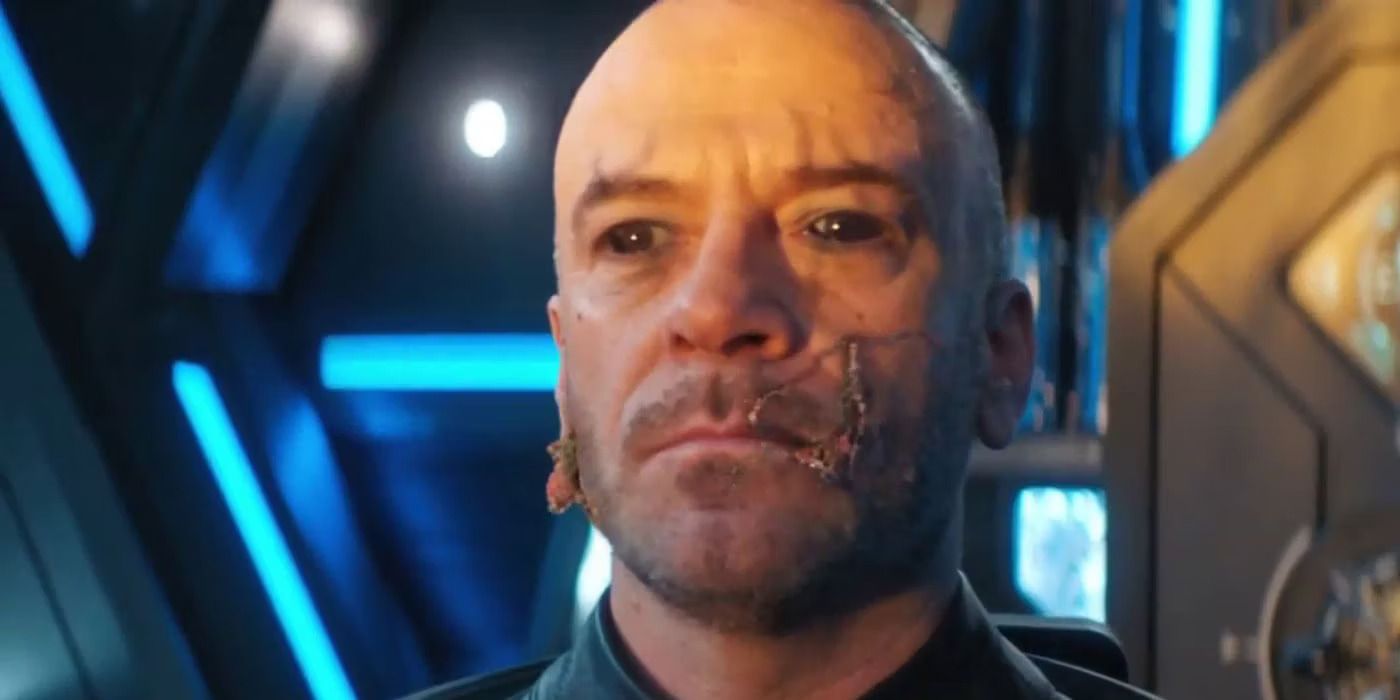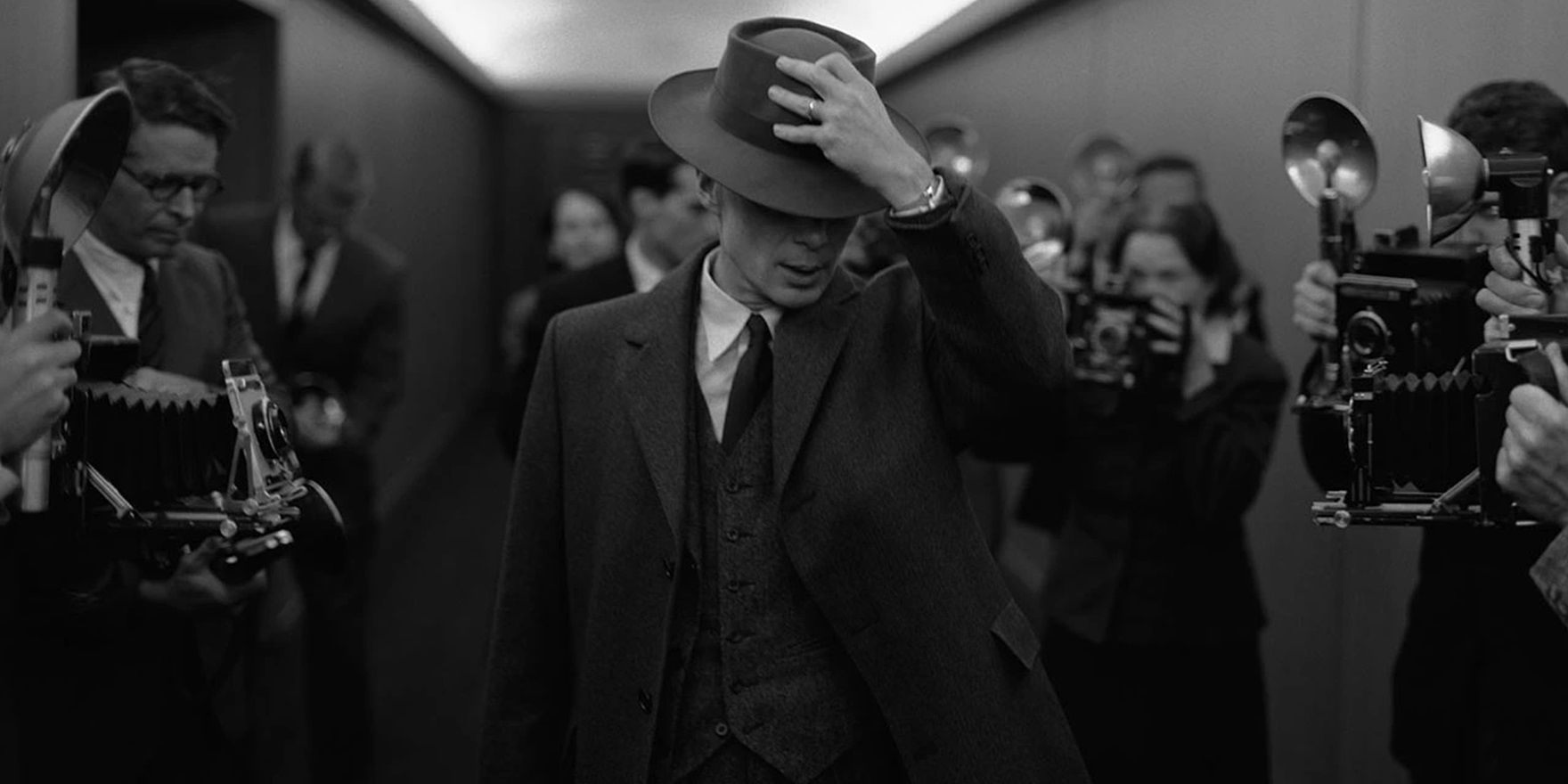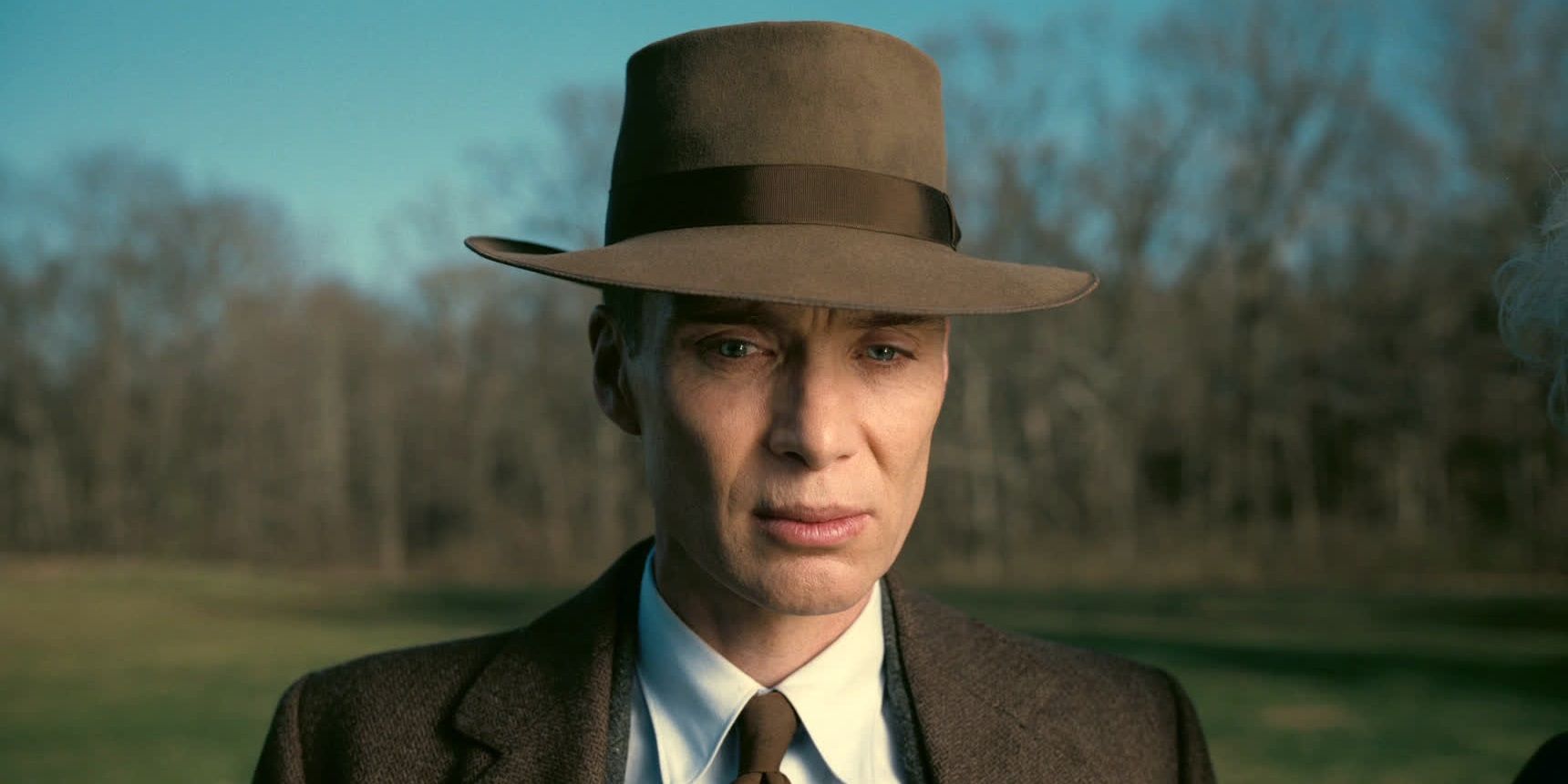This article contains spoilers for Oppenheimer. Christopher Nolan’s Oppenheimer has become a phenomenal success. In his latest movie, Nolan has created a thought-provoking insight into the life of J. Robert Oppenheimer – the physicist who is known as the ‘father of the atomic bomb’. Cillian Murphy is being praised for his gripping portrayal of Oppenheimer, illustrating the physicist with an intense depth of emotion.
One of the most powerful moments of the entire movie is when Murphy delivers the iconic line: “Now I am become death, the destroyer of worlds”. Nolan indicates the quote’s significance by including it twice within his latest movie. For years, the infamous quote has been affiliated with Oppenheimer – but where did it originate from, and what does it mean?
Where did Oppenheimer's quote originate from?
The quote is from the Bhagavad Gita - a 700-verse Hindu scripture. Oppenheimer was interested in the philosophy of Hinduism and had a long-term fascination with the Bhagavad Gita. In the 1930s, Oppenheimer began learning Sanskrit – something which Nolan dwells upon amid the movie.
In a memorable scene, Jean Tatlock (Florence Pugh) spots the Bhagavad Gita on Oppenheimer’s bookshelf. Although the scripture is written in Sanskrit, Jean orders her lover to translate a passage for her. Oppenheimer complies with Jean’s demands and recites the infamous lines: “Now I am become death, the destroyer of worlds”. Seeing as these words are spoken amid Oppenheimer and Jean’s intimate sex scene, the quote appears incredibly jarring and eerie – foreshadowing the later harm that was yet to come in Oppenheimer’s life.
In the Bhagavad Gita, the famous lines are quoted by Krishna, an incarnation of Vishnu. In Oppenheimer’s biography, American Prometheus, Kai Bird and Martin J. Sherwin offer a summary of the conversation between Arjuna and Krishna: “About to lead his troops into mortal combat, Arjuna refuses to engage in a war against friends and relatives. Lord Krishna replies, in essence, that Arjuna must fulfill his destiny as a warrior to fight and kill”. It is interesting that these themes of battle and death would come to embody Oppenheimer’s later life.
What does the quote mean?
There are various interpretations surrounding the quote’s meaning, but it is widely associated with the concept of placing one’s faith in the divine. In an interview with Wired, Sanskrit scholar Stephen Thompson states that the quote is about “a mortal man letting go” and accepting that one’s fate is controlled by a higher power.
In Oppenheimer's translation, he uses the word 'death', but Thompson explains that the original passage can also be translated to "world-destroying time". In the context of the Bhagavad Gita, Krishna tells Arjuna that everything is governed by the divine, regardless of Arjuna’s own actions.
Significantly, Oppenheimer himself wasn’t able to let go and associate his actions with a higher power. He did not perceive the invention of the atomic bomb as a fateful act, but instead associated his creation with a soul-crushing sense of grief and guilt. As James Temperton notes in the Wired article, “Oppenheimer’s apparent inability to accept the idea of an immortal soul would always weigh heavy on his mind”.
Why did Christopher Nolan include the quote in the movie?
As previously mentioned, audiences initially hear this quote during Oppenheimer and Jean’s sex scene. By reciting these significant lines whilst he was having sex with Jean, Oppenheimer preempts his later guilt – something which is not only caused by his creation of the atomic bomb, but also by Jean’s tragic suicide.
During the 1945 Trinity Test, these fateful lines are repeated. As Oppenheimer stares into the depths of his fiery creation, he speaks: “I am become death, destroyer of worlds”. By repeating this quote, Nolan draws upon an important detail of Oppenheimer’s life. Oppenheimer was featured in the 1965 NBC News Documentary called The Decision to Drop the Bomb. It is during this documentary when Oppenheimer famously stated:
“We knew the world would not be the same. A few people laughed; a few people cried. Most people were silent. I remembered the line from the Hindu scripture, the Bhagavad Gita; Vishnu is trying to persuade the prince that he should do his duty, and to impress him, takes on his multiarmed form and says, ‘Now I am become Death, the destroyer of worlds.’ I suppose we all thought that, one way or another”.
At that moment, looking into his creation, Oppenheimer realized the weapon’s true power. Following the 1945 Trinity Test, Oppenheimer was overjoyed by the success of his creation, but this quickly transformed into an overbearing sense of guilt when he realized the true gravity of his actions. These famous lines encapsulate Oppenheimer’s guilt and later regret, making the quote an essential part of J. Robert Oppenheimer’s life and Christopher Nolan’s movie.







